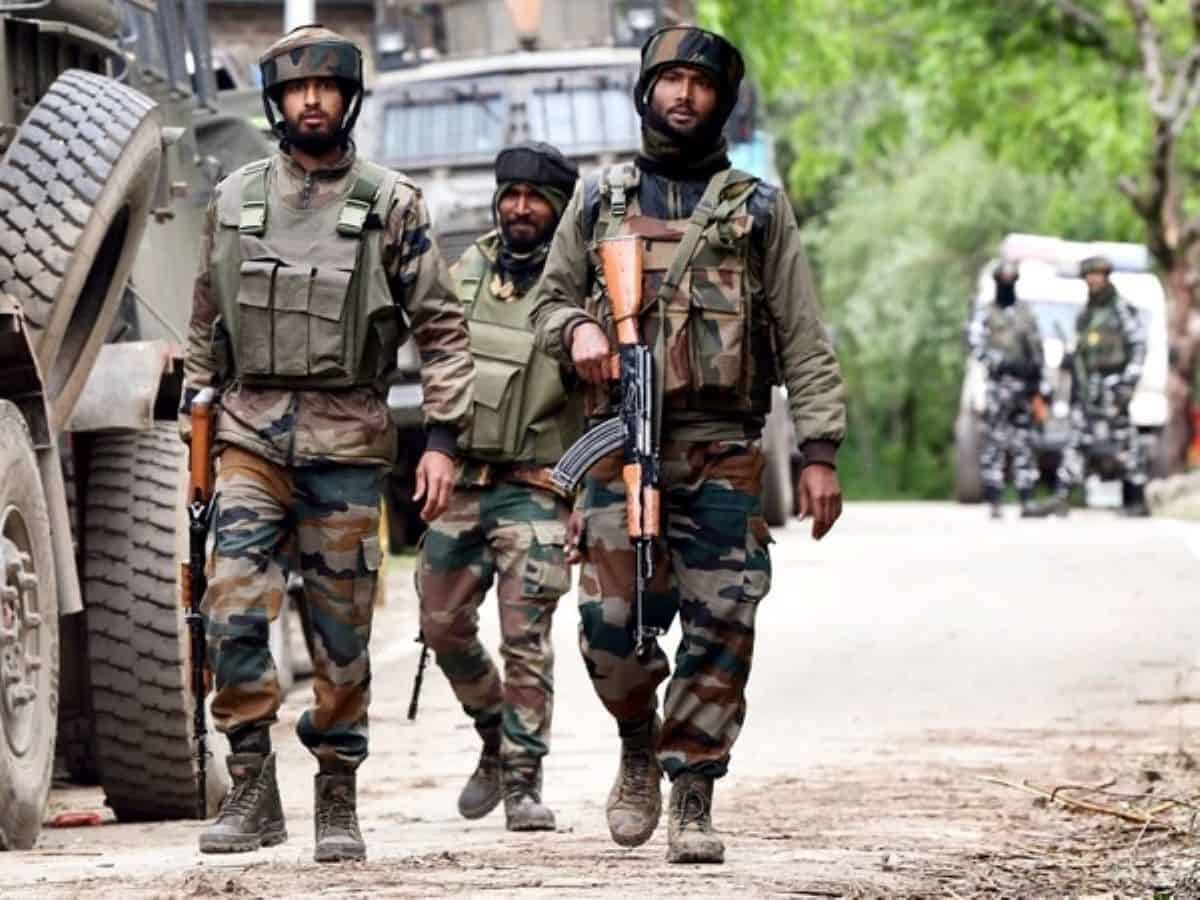
Jammu and Kashmir, since its accession to India in 1947, has been a major national security challenge and after the abrogation of Article 370 on August 5, 2019, it was given out that it would change the landscape forever implying that all the challenges would disappear. Despite huge positives in the situation having replaced the negatives of the dark era of terrorism in Kashmir, the challenges have not diminished. In fact, newer challenges are emerging in the silence of the people who are waiting for an opportunity to express themselves fully.
There are two- dimensions vis-à-vis Jammu and Kashmir – the internal and external. Fundamentally, the two are interlinked and the abrogation of Article 370 four years ago was aimed at tackling both with intensified anti-terrorism operations. This also has to be admitted that there was no definite counter-terrorism strategy, it fluctuated between fighting armed militants, to engaging them in talks, directly, or through their overground patrons in the separatist groups like All Parties Hurriyat Conferences. And, in between there were a few spells of ceasefires, which added to the confusion and the counter terrorism strategy fell short of a clear direction.
Kashmir situation, especially since 1988 when the first bomb explosions took place, threw newer challenges to the internal security for the nation. The dismissal of these explosions and a few incidents of shootouts as isolated incidents was a big blunder. Things had started going wrong, some had taken to guns and bombs, while others were watching as to what could happen next. The reports were filtering in, as the war in Afghanistan against the Soviet Union was nearing its end that some of the militants would come to Kashmir. Another more troubling fact was that the security agencies of the state were dismissing these reports as Intelligence Bureau-planted stories. The regional parties always felt that Delhi was trying to destabilize the political system of the state by its machinations – the instances of dismissal and arrest of Sheikh Mohammad Abdullah, the leader who had summoned popular support for J&K’s accession to India in August 1953, dismissal of the popularly elected government of Farooq Abdullah on July 2, 1984, were cited as instances when Delhi had destabilized the popular mandate.
There were no prizes for guessing as to from where did the external threat to India’s security emanated as far as J&K was concerned. Pakistan was the identifiable culprit, and there were mountains of evidence that showed that Pakistan, since 1947, had been making attempts to grab the territory of Jammu and Kashmir, through wars of 1947-1948, 1965, 1971 and the Kargil war of 1999, and the proxy war that it had launched in Kashmir since the 1980s.
At the time of scrapping of Article 370 in August 2019, one of the underlined ideas was to remove all the threats to security – by crushing terrorism inside and making Pakistan understand that it would have to pay a heavy price if it continued with cross-border terrorism. There have been some fruitful results.
A report released by the Jammu and Kashmir Police of the comparative study of four years before and the same period after the abrogation of Article 370, has shown in terms of facts and figures that how things have changed for the better.
It has listed 17 parameters to define the change in the comparative study, and this establishes the fact that shutdowns, stone throwing, grenade attacks and cross-fire have become things of the past. This is a physical assessment of the situation, and it has brought about psychological change as well – flourishing of tourism has helped defeat the tentacles of terrorism to a large extent. The best thing is that the people know where they stand and the direction they need to take.
But there is silence about the real grievances – they have lost access to the officialdom, which believes in its own echo chamber that the people are happy. It’s not the case. There is simmering in some quarters and they are feeling more alienated, and with no opportunities to air their problems, they suffer and simmer in silence. It could create a serious situation. Pakistan is waiting yet again to exploit the situation, banking on the anger that it is hoping, will erupt.
At the same time, the silent growth of radicalism because of the political disempowerment that they are facing because of no Assembly elections, and extremism, is posing serious challenges to the national security in Jammu and Kashmir.
